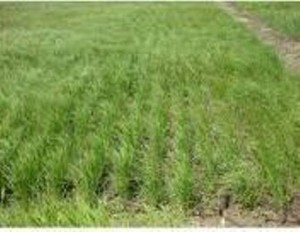ESSP Working Paper 92, by Joachim Vandercasteelen, Mekdim Dereje, Bart Minten, and Alemayehu Seyoum Taffesse.
Abstract: Improved technologies are increasingly promoted to farmers in sub-Saharan-African countries to address low agricultural productivity in their staple crops. There is, however, a lack of evidence on how adoption affects farmers’ labor use and profitability at the farm level, as well as the importance gender roles play, all essential drivers for the successful up-scaling of the use of the improved technologies. This paper analyses the labor and profitability impact of the recently introduced row planting technology in teff production in Ethiopia. Based on agronomic evidence in experimental settings, the Government of Ethiopia has focused extension efforts on promoting the widespread uptake of row planting to address low teff yields, replacing the traditional broadcasting method of plant teff. Using an innovative Randomized Controlled Trial set-up, we show that the implementation of row planting at the farm level significantly increases total labor use, but not teff yields, relative to broadcast planting, resulting in a substantial drop in labor productivity when adopting row planting. Moreover, the implementation of row planting has important consequences for inter- and intra-household labor allocation, with relatively more use of non-family labor. The adoption of row planting was further found not to be profitable for farmers in the first year of the promotion campaign, seemingly explaining the limited success in up-scaling the adoption of the technology by farmers in the second year of the program. Download the PDF.
